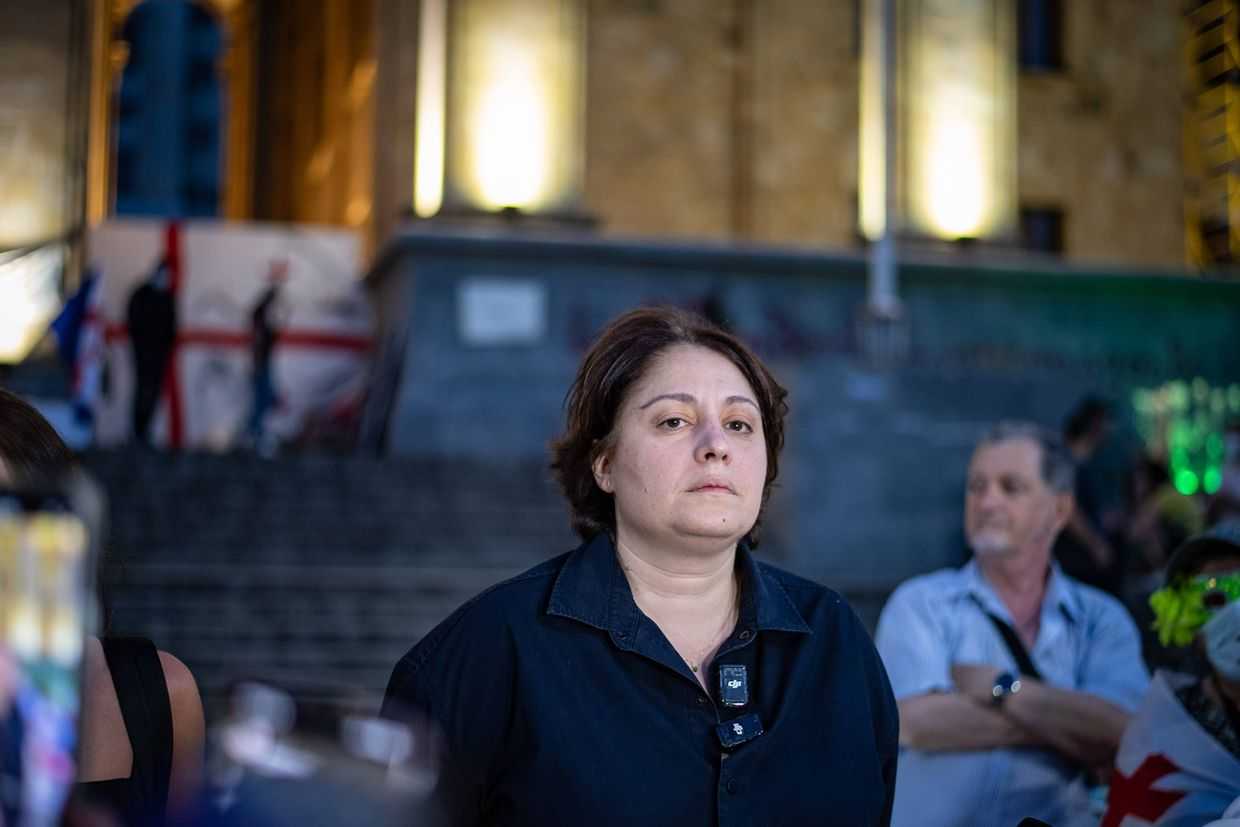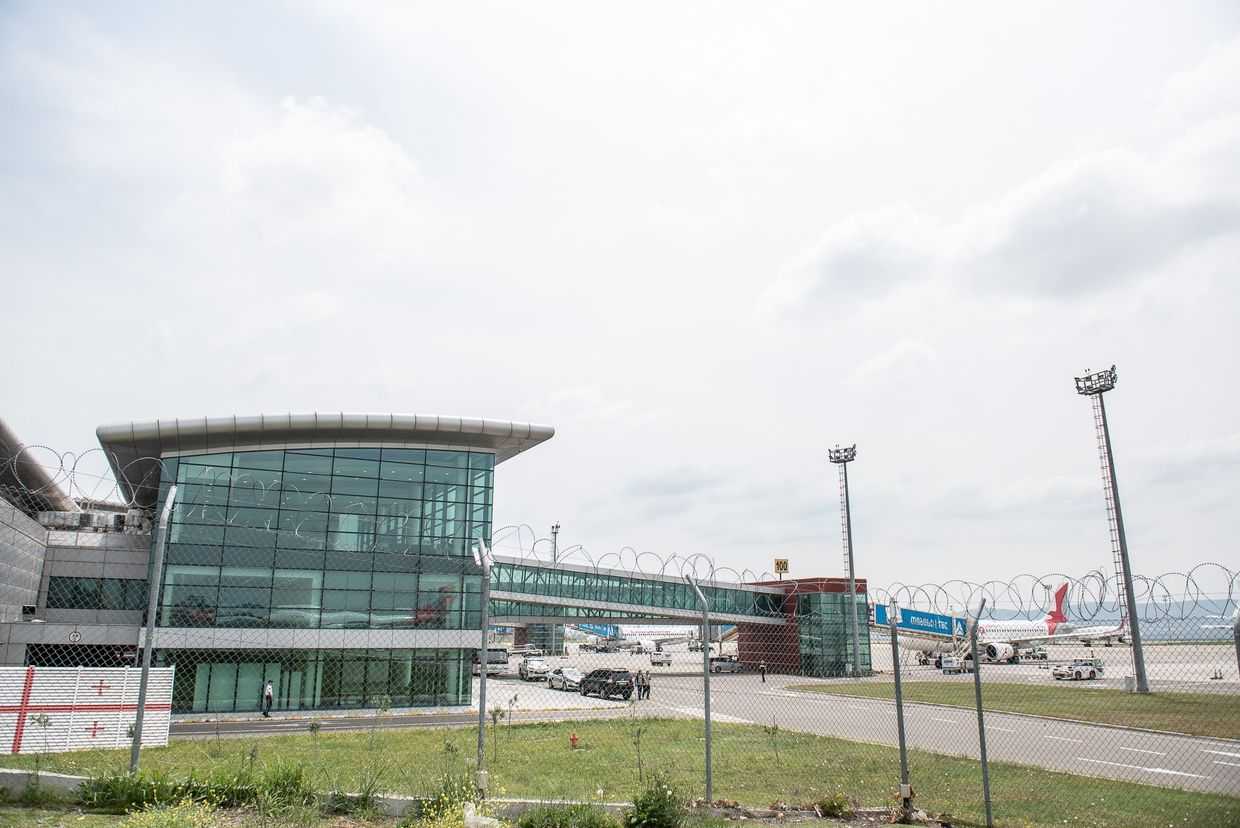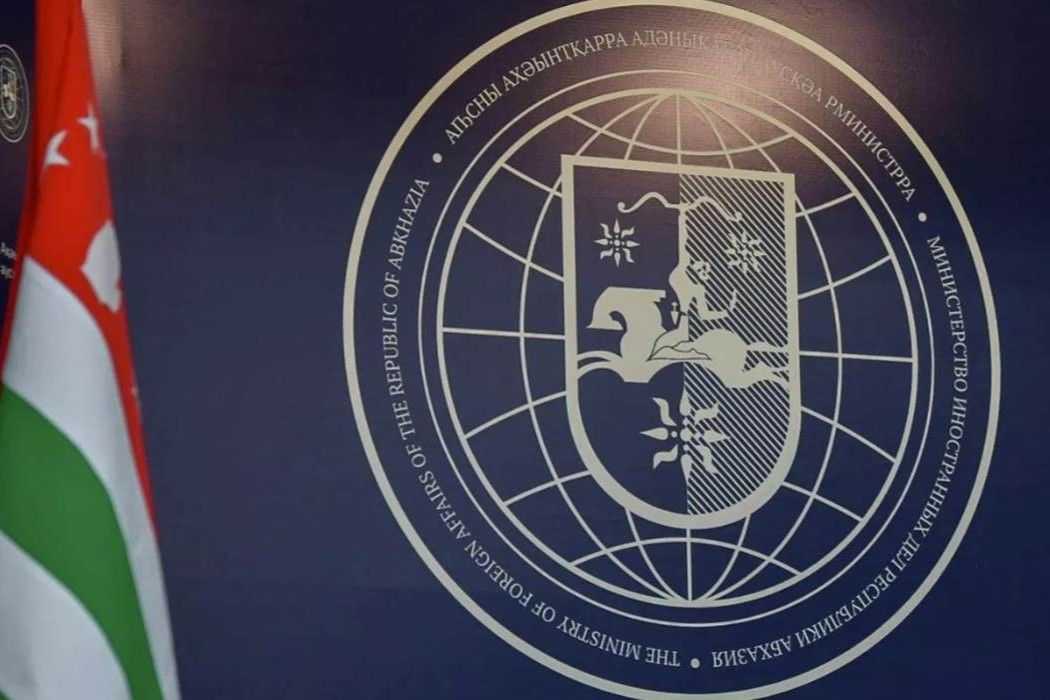
The captain of Georgia’s national basketball team has faced public backlash for signing a three-year contract with CSKA Moscow, part of Russian VTB United League.
Tornike Shengelia, 28, met anger from some in Georgia, with many claiming that the captain of the national team should not play for a team in Russia because of the country’s involvement in the conflicts in Abkhazia and South Ossetia.
The controversy around Shengelia is part of a growing movement demanding that famous Georgians avoid Russia.
Shengelia previously played for Spanish club Baskonia and was recently awarded the ‘Giant of the Year’ award by the top Spanish basketball league Liga Endesa/
The fact that the Moscow team’s official name, CSKA, stands for Central Sports Club of the Army and that the club has Soviet Russian military roots did not make Shengelia’s transfer easier.
‘I don’t have to explain myself, I’m going there to play basketball,’ the basketballer told TV channel Rustavi 2 on 9 July.
‘My circumstances don’t define who I am. I am Tornike Shengelia, bearer of Georgia’s spirit in Spain, the US, or Russia — wherever I am.’
Georgian President Salome Zurabishvili joined those who expressed their disappointment over Shengelia’s choice.
‘The decision by the captain of Georgia’s national basketball team to join Moscow CSKA is regrettable and as President of Georgia, I find it unacceptable’, Zurabishvili wrote on Facebook on 9 July.
Two years ago, Zurabishvili herself faced public outcry over comments about Russia, specifically, for insisting that the previous Georgian government under the United National Movement were responsible for starting the August 2008 war.
The Georgian Basketball Association quickly put out a statement indicating Shengelia’s captainship or membership in the national team was not in question.
They went on to insist that Shengelia would ‘defend homeland and honour and the interests of the national team’ no matter which club he played for.
Mikheil Kavelashvili, the chair of parliament’s sports committee, also defended Shengelia, calling him ‘exemplary’ and stating that Shengelia was not the only foreign national among CSKA Moscow’s team.
‘The occupier country’
Upon hearing of Shengelia’s decision, thousands of Georgians flocked on Thursday to the CSKA Moscow page on Facebook to express their disapproval; while some also expressed their support.
‘Toko [Tornike] made his decision. Now it’s up to the [national] team. Someone taking a step like this should not be a captain of the team’, wrote one critic.
‘What is shameful is buying and consuming chocolates, olive oil, and wheat imported from Russia and making Putin’s pocket fatter when we can grow the corps… Stop mixing sports and politics!’, another opined.
Shengelia was not the first Georgian national team captain to move to CSKA. However, when Manuchar Markoishvili joined the Russian club in 2014, the news did not gain significant attention beyond the sports community.
In more recent years, a number of prominent Georgians have found themselves the subject of criticism for not avoiding Russia.
The list includes Nino Katamadze, a Georgian jazz vocalist who said her critics were ‘100% right’ and that she would not perform in Russian any longer after she sang at the Usadba Jazz Festival in Russia last summer.
Other performers have faced similar criticism for attending events in Russia, including the national folk dance ensemble Erisioni.
For ease of reading, we choose not to use qualifiers such as ‘de facto’, ‘unrecognised’, or ‘partially recognised’ when discussing institutions or political positions within Abkhazia, Nagorno-Karabakh, and South Ossetia. This does not imply a position on their status.







